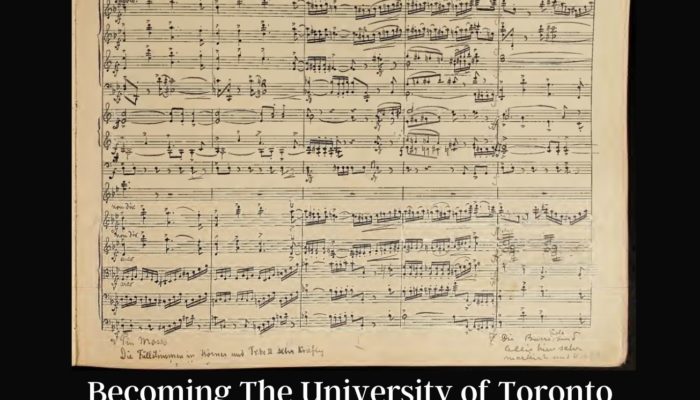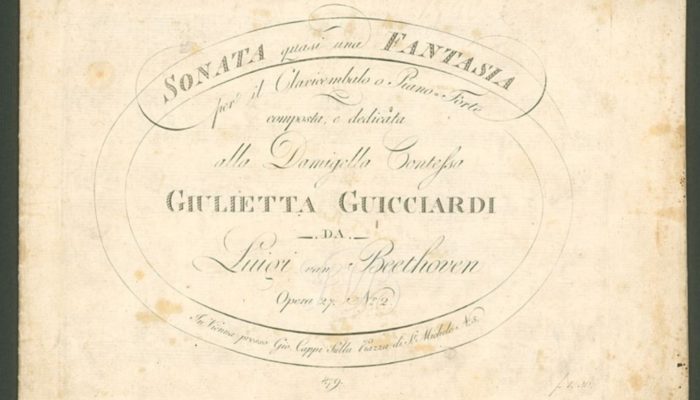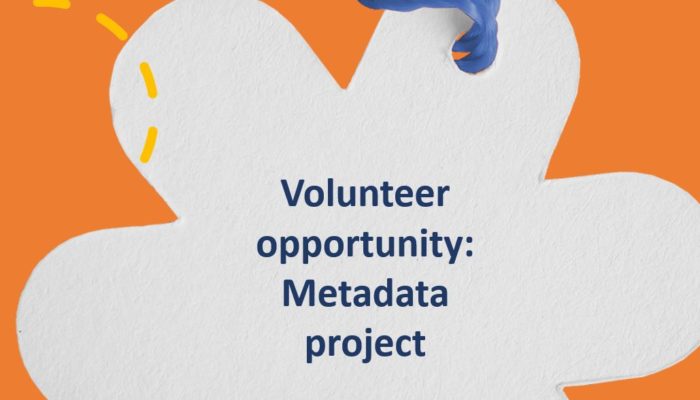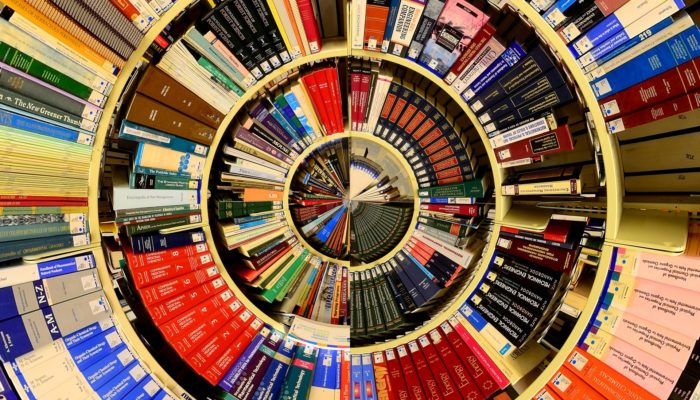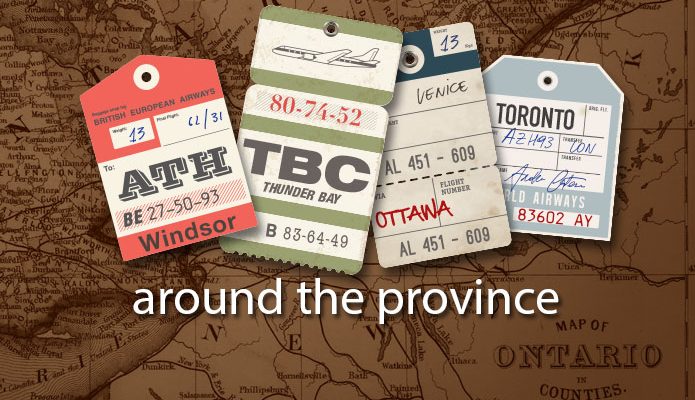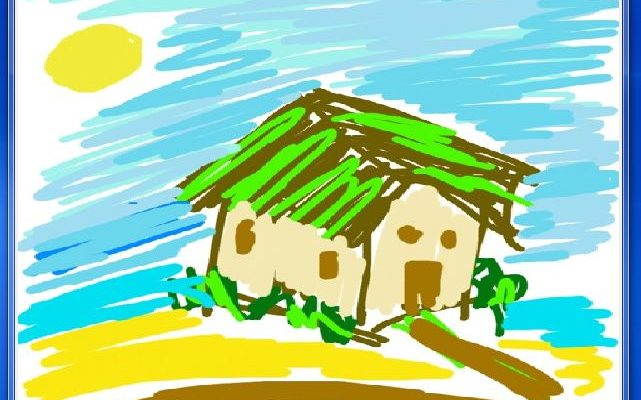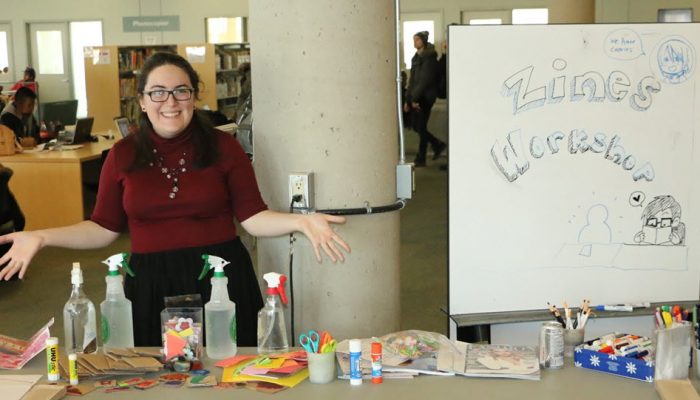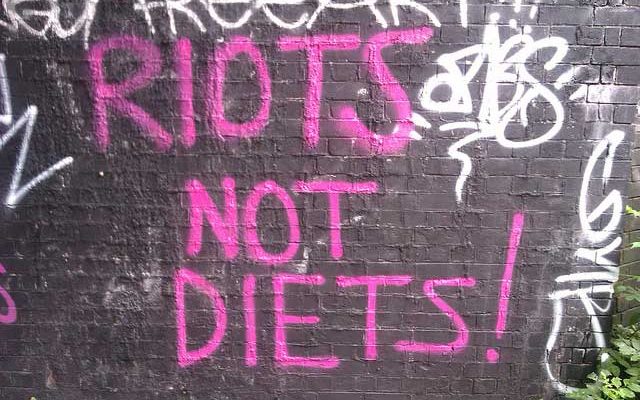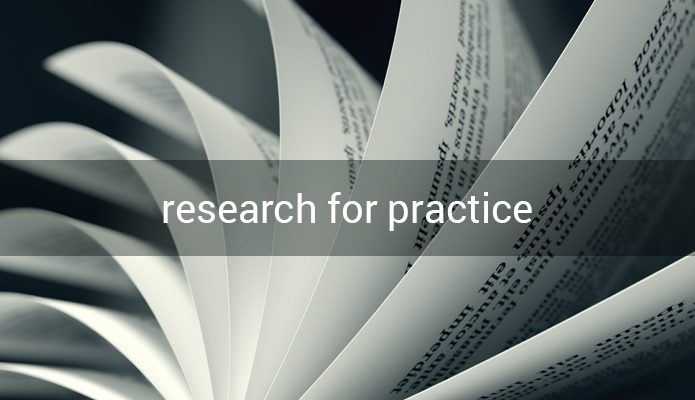Describing Music Materials So They Can Be Found
The chains come off: A brief history of the Performance Collection, Music Library, University of Toronto
From tags to controlled vocabulary
Indigenous metadata and reconciliation: A reflection on the 2020 OCULA Lightning Strikes
Scholars Portal Books platform improves access for users and library staff
By Jacqueline Whyte Appleby After two years of active development, the new Scholars Portal Books platform has officially launched! Housing more than 250,000 commercial…
He reo e kōrerotia ana. He reo ka ora: Subject headings, a living language and Māori well-being
Ko tēnēi te mihi ki te tangata o te whenua nei. Karanga mai, mihi mai, karanga atu ra. I would like to acknowledge the…
RIMMFing: RDA cataloguing sans MARC
Author, title, publisher, year of publication—that’s all the bibliographic description needed to find an item, right? Maybe for a monograph but, even for one…
Making Space for Zines at Seneca Libraries
How it got started In the summer of 2015, the library was approached by two faculty members in Seneca’s Illustration Program about starting a…
Riots Not Diets: Body Positivity & Our Library Collections
How many books do you have in your library collection (or maybe on your own personal bookshelves!) that fall under the umbrella of health,…
From Embedded Librarianship to Embedded Records Management
Over the past decade, the concept of embedded librarianship has really taken hold. Motivated by the pioneering efforts of embedded librarians, and inspired by…
The Persistence and Problems of Music Genre
Whenever we’re asked what kind of music we like, we typically describe our tastes in terms of specific musicians (whether composers or performers) or…
